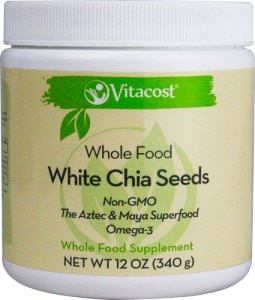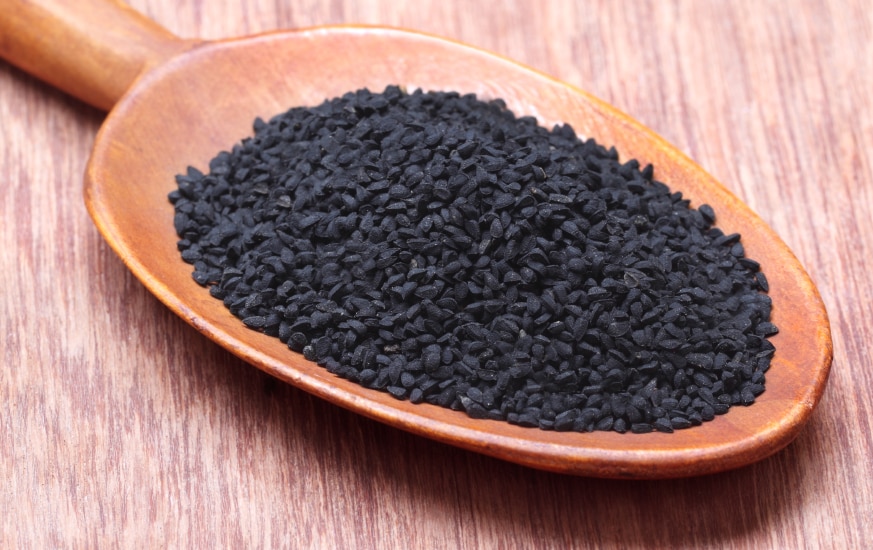Move over, fish oil. Not everyone can tolerate the taste, the smell or those less-than-attractive repeats that so many fish oil supplements can haunt you with. Even worse: some people are allergic to the finned and shelled swimmers of the sea.
Here’s the rub: If you’re a vegetarian, vegan or food-allergy-sufferer, you may not be getting adequate amounts of essential fatty acids. And you don’t want to miss the boat. Trust me when I say you’d fare better– and feel better–adding plant-based oils and seeds to your diet.
Why essential fatty acids are so important
Omega-3s and omega-6s are considered “essential” fatty acids, because they are not produced by the body but are used in a number of bodily functions. The most well-studied and highly regarded EFAs are omega-3s EPA and DHA, which have shown to have cadioprotective properties, support cognitive function and may even help mood health.*
How plant-based sources stack up
Though fish is still the most potent source of fatty acids, there are good reasons to choose plant-based varieties. Opting for omega-rich oils and seeds:
– Helps protect the ocean by not disturbing the fish population or any other wildlife dependent on it
– Can mean benefitting from plant lignans, which act as antioxidants and are known to support balanced estrogen levels*
– Makes adding sufficient EFAs to your daily routine easy, because seeds and oils can be discretely mixed into your favorite fruit juice, breakfast parfait or dinner dish
Where you can get an adequate amount
Flaxseed — The tall, slender flax plant bears many tiny, tear-drop-shaped seeds. These add a pleasant crunch to yogurt, oatmeal or even stir-fry. Vitacost Whole Food Organic Cold-Milled Flaxseeds are not only rich in omega-3, 6 and 9, but one serving provides 12% of the Daily Value of fiber and a little bit of protein to boot. Also give flaxseed oil a try–it makes an excellent base for a salad dressing.You could also take a completely flavorless, easy-to-take flaxseed oil softgel.
Chia seeds — This superfood complements any diet. One scoop of Vitacost Chia Seeds sets you back a mere 70 calories and can actually help you feel fuller due to its high-fiber content.* Even better, these itsy-bitsy seeds are a potent source of omega-3 alpha linoleic acid.

Borage oil — Borage is an herb found throughout the Middle East and Mediterranean. Its leaves are edible but the seeds are where we get its oil. Borage oil is rich in gamma-linolenic acid (GLA), an omega-6 fatty acid associated with many metabolic processes. Because of its support for healthy skin, you might find borage oil in beauty products.* As a daily supplement, you’ll benefit from its support for a healthy inflammatory response and platelet function.*
Black cumin seed — Available in capsule form or as an oil, black cumin oil is a natural source of EFAs. Mix black cumin seed oil with raw honey for additional nutrients.
When you should start adding EFAs to your diet
Now! There’s no better time to start supplementing your diet with omega-rich seeds and oils. Besides, it’s so easy to sprinkle a few flaxseeds on top of your morning cereal, or pour in a tablespoon of Vitacost Organic High Lignan Flax Oil while blending your favorite smoothie. Just one small addition to your day can go a long way in your overall health.
*These statements have not been evaluated by the Food and Drug Administration. This product is not intended to diagnose, treat, cure or prevent any disease.

